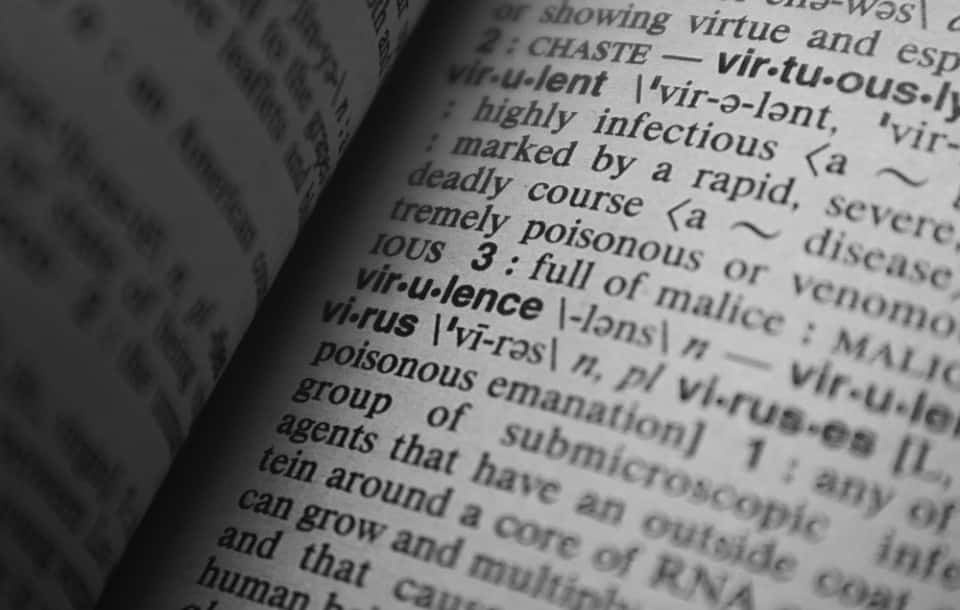

What other problems cam occur when a child has difficulties with expressive language (using words and language)? *These difficulties will vary from child to child dependent on their age. Have difficulty writing paragraphs and stories.Have difficulty finding the right words to use in conversation or when describing or explaining something.Not be understood by unfamiliar people.words in wrong order, lots of stops and starts, a lack of flow). Produce sentences that are ‘muddled’ (i.e.Use ‘jargon’ (made up words) in speech.Use sentences that sound immature for their age.Not link together words or uses sentences that are shorter than others of the same age.Have difficulty naming items and objects.If a child has difficulties with expressive language they might: How can you tell if my child has problems with expressive language (using words and language)?

Fine motor skills in order to be able to develop alternative forms of expressive language, such as signing, if verbal language is not developing.Motivation and desire to communicate with others.Pragmatics: The way language is used within social situations.Play skills: Voluntary engagement in self motivated activities that are normally associated with pleasure and enjoyment where the activities may be, but are not necessarily, goal oriented.Pre-language skills: The ways in which we communicate without using words and include things such as gestures, facial expressions, imitation, joint attention and eye contact.Attention and concentration: Sustained effort, doing activities without distraction and being able to hold that effort long enough to get the task done.Receptive language (understanding): Comprehension of language.What are the building blocks necessary to develop expressive language (using words and language)? Why is expressive language (using words and language) important?Įxpressive language is important because it enables children to be able to express their wants and needs, thoughts and ideas, argue a point of view, develop their use of language in writing and engage in successful interactions with others. “I had a drink” not “Me drinked”), retell a story, answer questions and write short story. Expressive language skills include being able to label objects in the environment, describe actions and events, put words together in sentences, use grammar correctly (e.g. What is expressive language (using words and language)?Įxpressive language is the use of words, sentences, gestures and writing to convey meaning and messages to others.


 0 kommentar(er)
0 kommentar(er)
